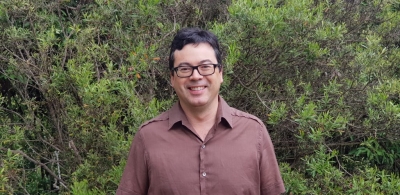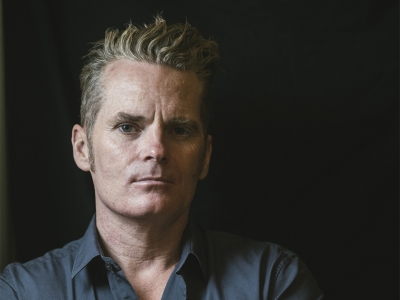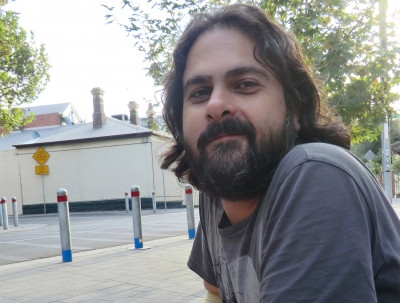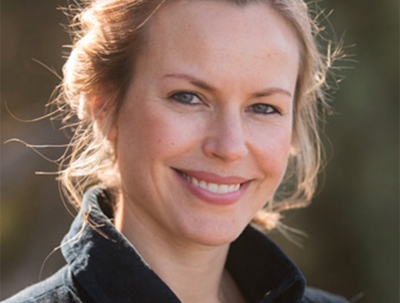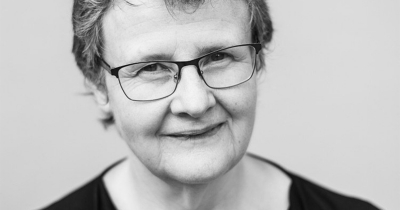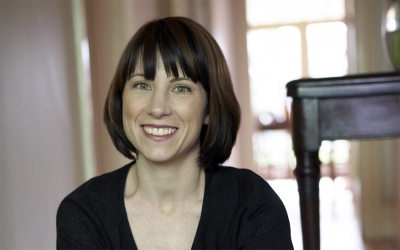Interviews
I appreciate critics who enter into a conversation with a book and who draw upon curiosity, wonder, and deep thinking to judge. Maria Tumarkin writes magnificently about writers and books.
... (read more)I’m always little uneasy about the edge of élitism underlying the policing of language, but I have to confess to a loathing for psychological banalities like ‘closure’ and ‘unconditional love’, most of which are actually worse than meaningless.
... (read more)When I was younger and could tolerate copious amounts of alcohol, I really enjoyed writers’ festivals, especially in Canada, where they are often in stupendous landscapes. I made some lifelong friendships with marvellous writers and enjoyed memorable late-night conversations in the lobbies and bars of swish hotels.
... (read more)In the first review of my poetry, I discovered that my writing was ‘headache-inducing’ and ‘best avoided’. I was pleased that my book had at least caused a headache for that sinister reviewer! Over the years, though, even hysterically negative reviews – and, boy, do I attract them! – don’t excite or bother me too much. The best thing I’ve got from a review is knowing that there are readers who pay attention to a book’s composition, to the labour that I’ve put into producing the thing.
... (read more)The idea that reviewing books, concerts, theatre, and the visual arts was part of the function of a journal of record has practically gone. Now if you’re reviewed at all, you’re lucky to get a paragraph. The flip side is the blogger, with no constraints on length, who writes thousands of ill-disciplined words. Obviously, magazines such as ABR have taken up some of the slack, but there’s only so much they can do. When it comes to charting and evaluating daily arts practice, our newspapers have abnegated their duty.
... (read more)I write the ambivalence and speak the ambivalence a little bit more than I feel it, I think, in terms of who I am. Amongst my people, there are very few of us that write and because of the damage done in the last few generations, there’s not a lot of people reading either. So I immediately think things like who am I writing for? Who am I benefiting, writing this sort of material? And partly for those reasons, I think that I start this book out the way I do, to make sure, I hope, that it is done with integrity. Even though it is fictional, I still make myself vulnerable positioning myself like that.
... (read more)During much of my childhood, my mother was bravely and passionately insisting on teaching postcolonial African literature to (mostly) white university students in apartheid South Africa. I was probably way too young to fully understand it, but Zimbabwean writer Tsitsi Dangarembga’s 1988 début novel, Nervous Conditions, was one of the books my mother was teaching, and it had a huge impact on me.
... (read more)Childhood sporting humiliations have left me with a dread of being in places where somebody might throw a ball towards me and expect me to do something with it.
... (read more)The whole of inland Australia is manoeuvred, manipulated by the weather and by seasons, especially if you are in primary industry. I always like the story, I was travelling north once on the plane and the person next to me said that they hadn’t had rain for seven years. They were living out around Mt Isa and the first time it fell, his five-year-old ran in screaming with fright. But that’s probably one of those north Queensland stories.
... (read more)It is strangely moving to learn how a reader thinks about something I’ve written. Mostly, I’ve been lucky to have reviewers who crystallise, for me, some pattern in my thinking or inchoate hope for the work. It helps me to start something new. I learn as much, perhaps, from reviews of other people’s work – other approaches, a sense of connection.
... (read more)
